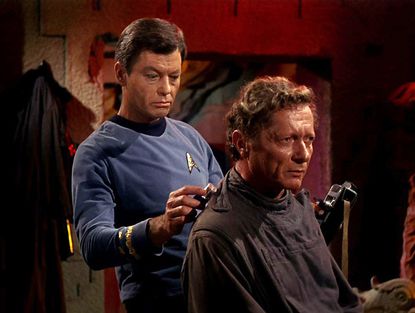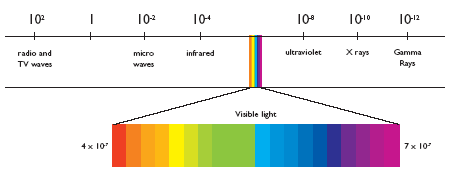Digestive fluoroscopy

Diagnostic radiology. - Which test to choose?
With Dr. McCoy's (Bones) "Tricorder" from Star Trek only existing in science fiction and modern radiology being well-advanced but still imperfect, it is often difficult to navigate the various tests used to screen for or diagnose various medical conditions.
Each test has its strengths and weaknesses arising from the physical principles that support its operation.
- The near-perfect ultrasound in pediatric and thin adult imaging often becomes suboptimal in overweight patients. Very good in soft tissue lesions, it becomes useless as soon as there is air because the ultrasound does not travel there.
- X-rays which are excellent for demonstrating abnormalities in areas where there is a large difference in density between tissues (eg lungs or bones) are much less effective in soft tissues where tissue contrast is less.
- For MRI it is the opposite. Not very useful in air and bone, the technique takes on its full value in soft tissue lesions with low difference in tissue density.
The radiologist's job is twofold. Of course, he must understand the images created by the various examinations performed. This is the radiological interpretation. But he must also select the best examination based on the suspected diagnosis. This is an underestimated but very important part of the radiological procedure.
This section of our site therefore aims to satisfy the curiosity of those of you who wish to understand a little more. The discussion is not intended to be exhaustive but rather a general popularization. Those who wish to go further will find plenty of other relevant sources on the web.




